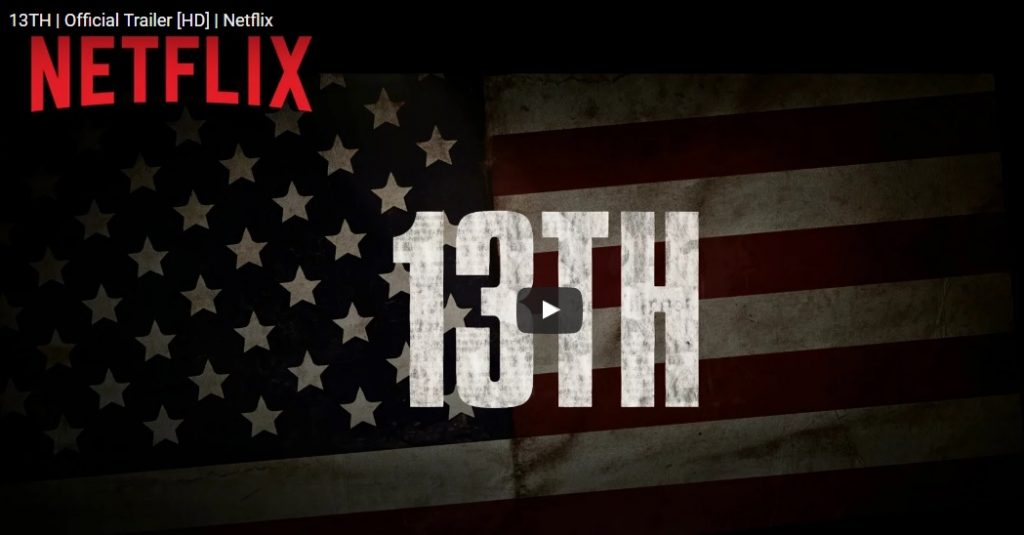Prof. Mushlin on the Proposal to Close Rikers Island
In a recent article in the Daily News, The Prisoners We Should Put on Rikers, Pace Law Professor and nationally recognized expert on prisoners’ rights Michael B. Mushlin writes that although Mayor de Blasio’s announcement endorsing the recommendation of an independent commission to close the Rikers Island jail complex is a step in the right direction, the better solution might be to keep Rikers operational to house prisoners from the five boroughs who would otherwise be sent upstate.
Prof. Mushlin points out:
For example, 58% of incarcerated individuals from the city’s metropolitan region are in prisons more than 200 miles from their homes. And remarkably, 27% of the entire state prison population is more than 300 miles from the county of commitment.
The location of New York prisons so far away makes maintaining meaningful family ties almost impossible. These ties are strongly associated with successful reintegration, lower recidivism rates and improved behavior while incarcerated.

